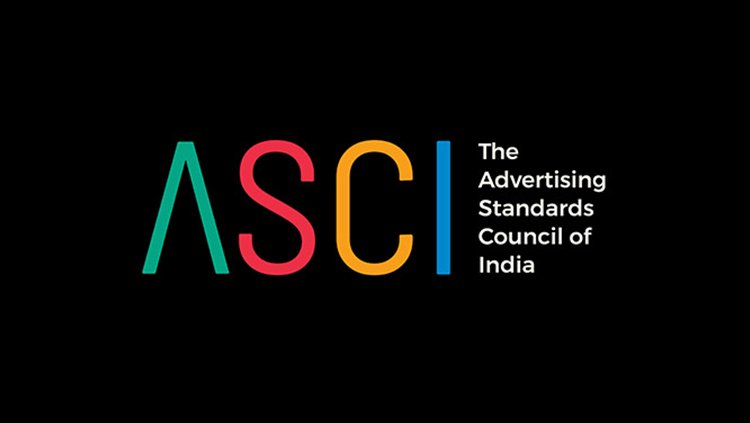ASCI issues guidelines to counteract misleading advertising
Forms a multi-stakeholder task team with DoCA to investigate these concerns

The Advertising Standards Council of India (ASCI) has issued new comprehensive guidelines for 'Online Deceptive Design Patterns in Advertising' in order to empower businesses, designers, and stakeholders in creating user-centric experiences while promoting transparency, trust, and ethical standards in the digital landscape.
"As consumers increasingly turn to digital platforms, marketing strategies on these platforms become more sophisticated and personalized." Some of these methods may be deceptive or even predatory. These misleading methods, more generally known as Dark Patterns, undermine the consumer's ability to make an informed selection. "These practices are intended to steer consumers toward making choices that may compromise their interests in favor of the advertiser's interest," according to an ASCI press release.
These issues were raised at a recent stakeholder consultation on the subject held in Mumbai by the Department of Consumer Affairs and ASCI. ASCI published a thorough discussion paper titled 'Dark Patterns - The New Threat to Consumer Protection' in November 2022, which investigated different misleading patterns, including those seen in online advertising, and organized a multi-stakeholder task force to investigate these issues. For nearly two months, the discussion paper was open for comments. It was proposed that the ASCI code be revised to include advertising-related concerns about online misleading behaviors such as drip pricing, bait-and-switch, bogus urgency, and disguised advertising based on comments received and task force talks. The principles will serve as a foundation for businesses to develop and implement user interfaces and navigation that prioritize informed decision-making and express consent.
The new recommendations address the following topics:
Drip Pricing: Drip pricing is a method in which portions of the cost are not revealed up front, and the complete price is revealed only at the end of the purchasing process or after purchase confirmation. This causes uncertainty about the eventual price and precludes easy pricing comparisons. According to the recommendations, advertised prices in advertisements and on e-commerce sites must include mandatory taxes, levies, fees, and charges that apply to all purchasers. Incomplete price representations might be regarded deceptive.
Bait and Switch: It is misleading when an ad or an element in an ad directly or indirectly implies one outcome of the consumer's behavior but instead dishes up another.
False Urgency: It is deemed misleading to state or indicate that quantities of a product or service are more limited than they are. In the event of a complaint, the advertiser would be needed to establish that the stock position at the time the limited quantity message appeared was such that the urgency expressed could not be regarded misleading.
Disguised Ads: An advertisement that appears to be editorial or organic material must clearly state that it is an advertisement. Influencer posts, paid reviews, and advertising disguised as editorial content are some examples.
The changes are consistent with ASCI's long-standing function as the advertising industry's self-regulator. They are part of a broader set of ASCI initiatives to protect consumer interest in the online domain, including standards for social media influencers, cryptocurrencies, and real money gaming.
"With the government and industry echoing their belief in self-regulation, we believe that the guidelines we have issued today will play a critical role in fostering a more ethical and trustworthy advertising ecosystem and protecting consumer trust," said Manisha Kapoor, CEO and Secretary General of ASCI. These principles would compel businesses to develop communication and information systems that respect user autonomy, improve openness, and promote well-informed decisions."
"We welcome the new ASCI advertising guidelines," stated Rohit Kumar Singh, Secretary of Consumer Affairs. The Consumer Protection Act also prohibits deceptive internet patterns. We are excited to collaborate with ASCI and the industry to support a strong self-regulation mechanism for the bigger framework on online deceptive behaviors."
Please keep in mind that these rules will go into effect on September 1st, 2023, to give online platforms time to make the necessary changes to their systems and interface designs.

 Sumit Rawat
Sumit Rawat 










